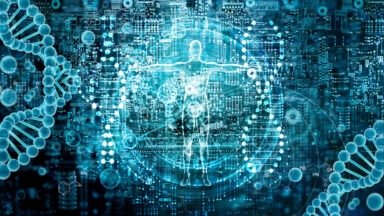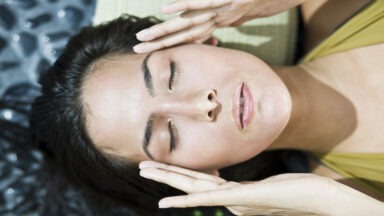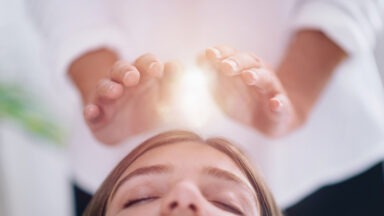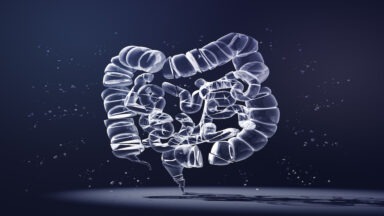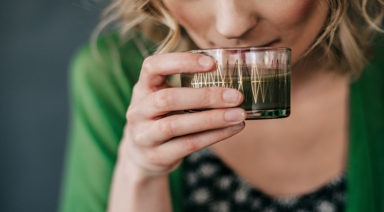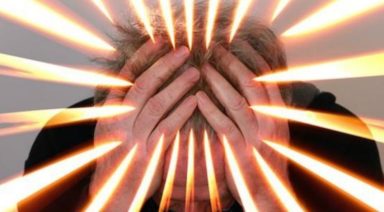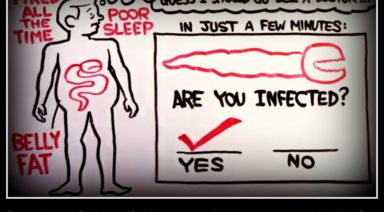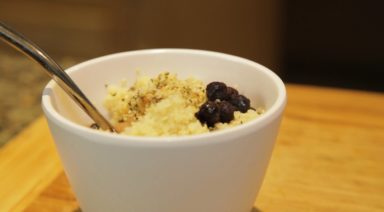Beauty and Immunity – The Connecting Link That You Didn’t Know Existed

We’ve splurged on umpteen beauty products and given brands just the right kind of market they need to thrive in! Consumerism is at its peak, and the idea of looking beautiful is skewed towards having a fat bank balance. How many times have you heard your friend gush about a new concealer that blends with your face like your second skin? Remember the time you chanced upon an anti-aging cream ad in a magazine and wanted to try it immediately? Or the time you were toying with the idea of getting a laser treatment done to get rid of your pregnancy scars? Here’s a reality check!
The solution is not addressing just the problem; it’s addressing the root of the problem. Maybe what you should consider is building a strong immune system. Surprised? Well, here are 4 things you need to know about how immunity and beauty are interconnected:
- The Role Of The Lymphatic System
You may remember your doctor examining the lymph nodes on your neck during one of your regular health checkups. Well, that’s because the lymphatic system is one of the most important defense components of your immune system, which also reveals the first signs of an infection.
Lymph nodes contain a translucent liquid called lymph. This liquid circulates cells that fight disease and infections to different body parts. A blocked lymphatic system can lead to problems like buildup of cellulite, edema, and stretch marks. Enjoy a diet rich in fruits, vegetables and dietary fiber, known to promote lymphatic health. Stay physically active and stimulate your system with a lymphatic drainage massage regularly.
- Immunity And Male Attractiveness
It’s not only a man’s chiseled jawline or his deep baritone that makes him desirable. Findings of a research conducted at Abertay University, Scotland, suggest that men with high levels of testosterone, a hormone responsible for the masculine, sexual facial characteristics are found to be more attractive to women. The study measured the immune responses of 74 Latvian men to a hepatitis vaccine. It was concluded that men with better immune responses had higher testosterone levels, low levels of cortisol (stress hormone), and their pictures were rated higher by women on the attractiveness scale.
- Immunity And Hair Health
Many studies have found that erratic lifestyles and dietary habits can hamper immunity, which can in turn lead to hair falling out. This is especially true in the case of yeast infections like Candida, triggered due to a weakened immune system, which can cause severe hair loss. Sometimes even an overactive immune system can lead to conditions like alopecia areata and thyroid, which can cause hair loss. Though genetic transfer is one of the main causes of these autoimmune diseases, they can also be triggered by foods that contain high sugar, gluten, and quinoa as well as due to stress and toxic substances including pesticides and other harmful chemicals.
- Immunity And Skin Health
Don’t just blame your genes for the persistent acne that you’ve been battling all your life. Poor skin health can also be a sign of a weakened immune system. Dietary deficiencies of essential nutrients like vitamins A, B, C and E, zinc, arginine and phytonutrients can cause a drop in the levels of the infection-fighting white blood cells and thymic hormones, thereby making you susceptible to skin problems like acne and eczema.
Include foods like cruciferous vegetables, mushrooms, nuts, seafood, and citrus fruits to improve your WBC count and ward off bacterial and fungal skin infections. It’s true that external beauty is reflective of a healthy mind and body. Make sure you enjoy a wholesome diet by including foods like garlic, carrot, leafy green veggies, berries, papaya, cumin seeds and fish in your diet and minimize your intake of processed foods.
Follow a set exercise routine everyday and stay active. It is also important that you get enough sleep and most essentially, stay stress free! All these factors collectively determine the health of your immune system. Stay strong, stay beautiful!
References:
- abertay.ac.uk/about/news/newsarchive/2012/name,9216,en.html
- ehow.com/facts_4883813_immune-deficiency-skin-disorders.html
- umm.edu/health/medical/altmed/herb/garlic
- stylecraze.com/articles/amazing-benefits-of-nigella/
Scientists Finally Finished Mapping the Human Genome
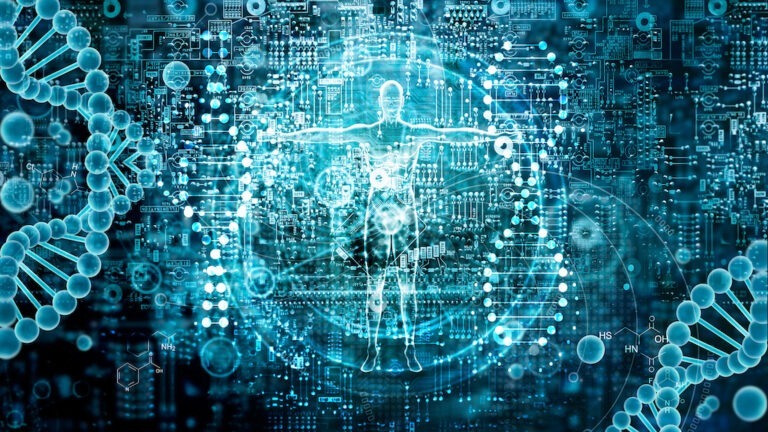
Scientists announce they have finally completed the map of the entire human genome. Will the information contained within unlock our true potential for health and wellbeing, or is there another more expansive perspective on the role genes play in our lives?
After decades of research, scientists have recently announced the completion of the human genome, what some call “the genetic instruction book.” Widely used for guiding biomedical research, many experts herald this as a crowning achievement in the field.
Dr. Bruce Lipton is a cellular biologist and a pioneer in the field of epigenetics, which takes a comprehensive, cutting-edge approach to the understanding of our relationship to our genes.
“Most people are really excited about the fact that the human genome has been deciphered; they’ve identified how many genes are in the human genome,” Lipton said. “The original reason for the human genome was, it was thought the genes control all the characteristics of our life and therefore if I had a compendium of all the genes I could fix anybody who has a characteristic they want to change. Francis Crick, one of the cofounders of the story, came up with something called “the central dogma,” the belief that genes are the source of biological information.
“They’re translated into another form of nucleic acid called RNA. So, DNA goes into RNA which is like a xeroxed copy of the DNA, and then the RNA is used as a template to make the proteins of the body,” he said. “According to the central dogma, information only flows in one way — it flows from the DNA to the RNA to the protein. This led to an understanding called ‘genetic determinism.’ Genetic determinism is the belief that the genetic blueprint of your life is carried by the DNA that you inherited at the moment of conception.”



